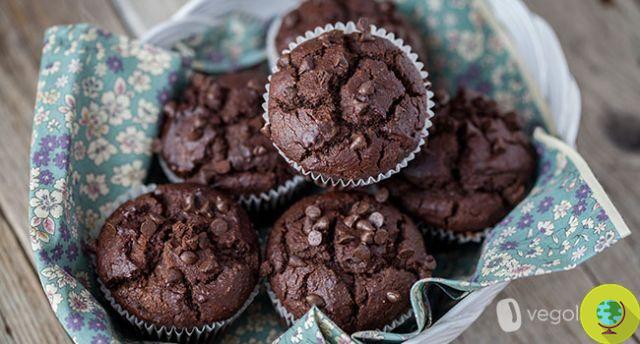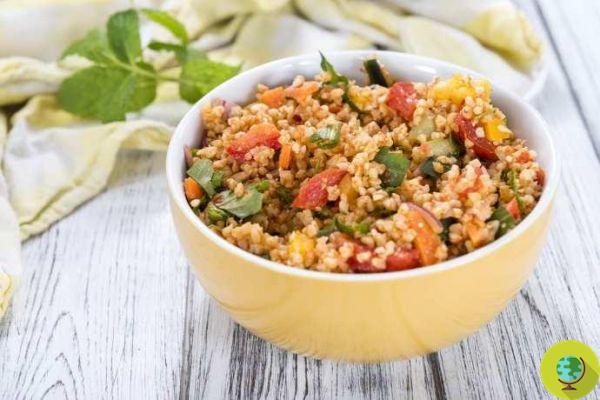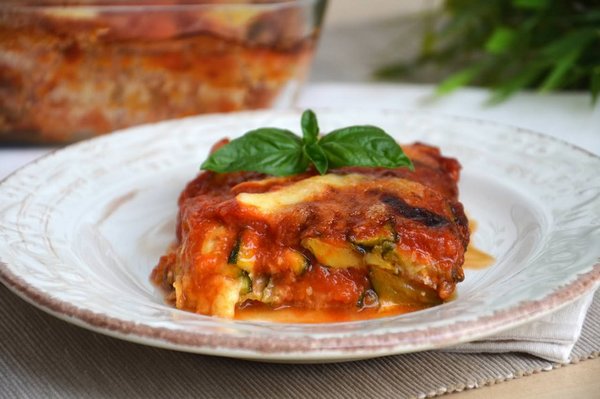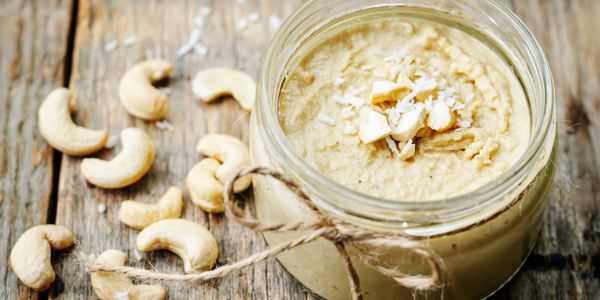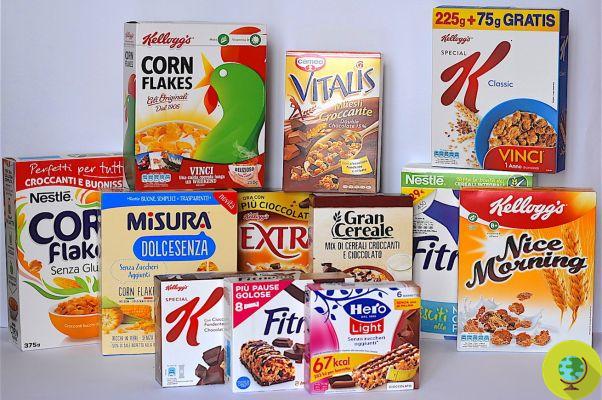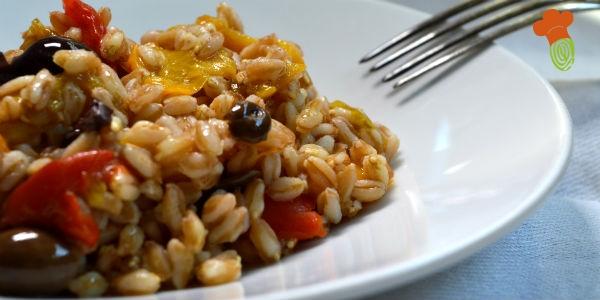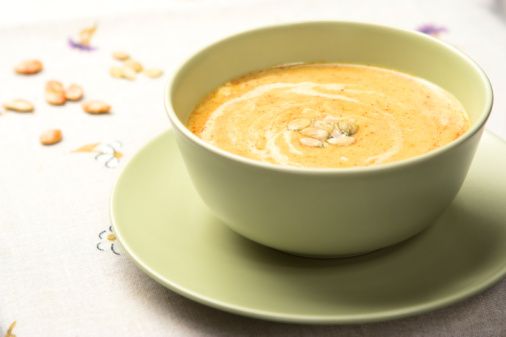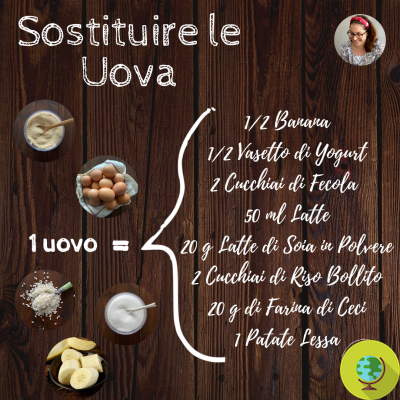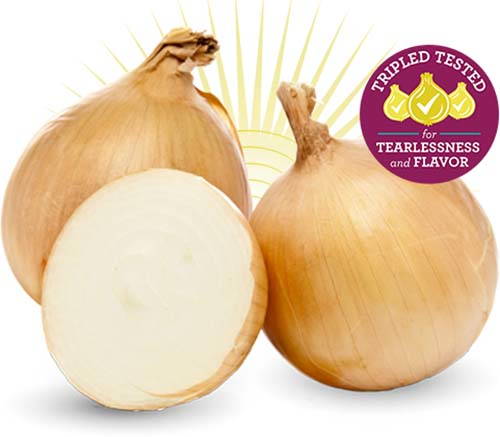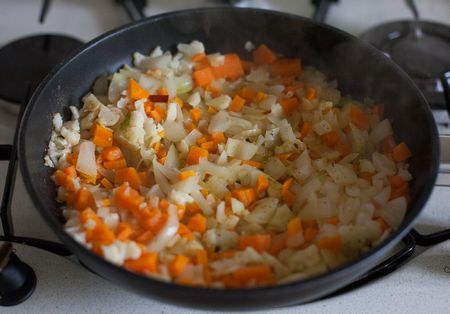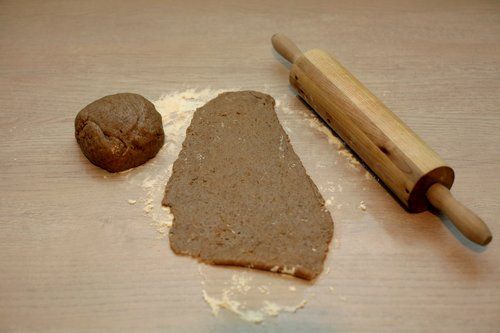Food that does not need to be kept in the refrigerator. The refrigerator helps us to better preserve some foods and preparations that could deteriorate quickly. But not all foods are suitable for refrigeration. Some types of fruit and vegetables, in fact, keep better and longer at room temperature. Other foods, on the other hand, must be kept in the fridge for safety reasons and because they would spoil in a short time. Here are some helpful tips.
Don't store avocado like this: it's dangerous
The refrigerator helps us to better preserve some foods and preparations that could deteriorate quickly. But not all foods are suitable for refrigeration. Some types of fruit and vegetables, in fact, keep better and longer at room temperature. Other foods, on the other hand, must be kept in the fridge for safety reasons and because they would spoil in a short time.
Here are some helpful tips.
Index
Foods that you do NOT need to keep in the refrigerator
Onions
The preservation of onions will not improve if you store them in the refrigerator. In fact, if they remain in the refrigerator for too long, onions are victims of humidity and tend to soften. If you need to keep a sliced onion, put it in the refrigerator only for a short time in a tightly closed container.
Where to store onions: there is no need to keep onions in the refrigerator. Better to store them in the dark, in the pantry or in the cellar, in paper bags or wooden boxes. Check them from time to time to prevent them from germinating, but if they still happen, transplant them to your garden.
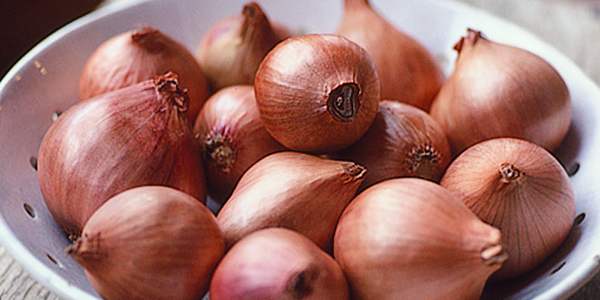
Potatoes
We do not recommend storing potatoes in the refrigerator as it is not necessary at all. Also, inadequate temperatures and humidity could alter its flavor and texture. Better to store them in the cellar or pantry.
Where to store potatoes: a rule that is always valid requires keeping potatoes cool and in the dark to prevent them from germinating. The ideal is to have a cellar where you can store them in wooden crates, cardboard boxes, paper bags or jute bags. Alternatively, the pantry will do as well. Better to check them from time to time to prevent them from germinating.
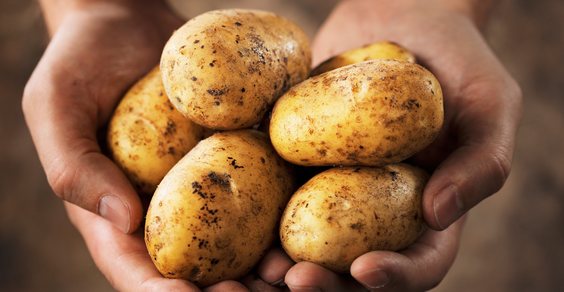
Garlic
Garlic is not suitable for refrigeration. It risks being damaged by humidity and becoming inedible. Its texture can become too soft and rubbery. Better to avoid keeping garlic already started in the fridge.
Where to store garlic: keep the garlic in the cellar or in the pantry, preferably in tightly closed paper bags, so that it does not sprout too quickly. The grandmothers kept the garlic cloves and garlic heads already started in steel containers with lids.
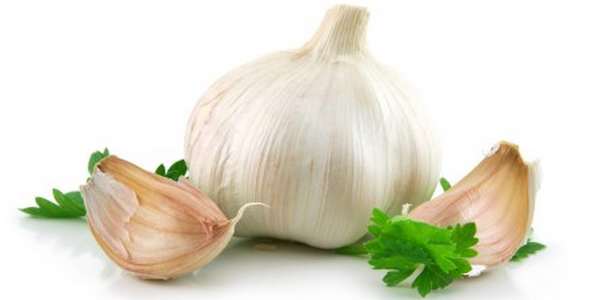
Read also: How to properly store potatoes, garlic and onions
Coffee
The issue is hotly debated. Some people prefer to store ground coffee in the refrigerator because they find that the drink tastes better when ready. From this point of view, it's really a matter of taste. However, ground coffee tends to absorb bad smells, so much so that it is recommended as a natural deodorant to be placed in the fridge, inside a glass or in a container to be left open.
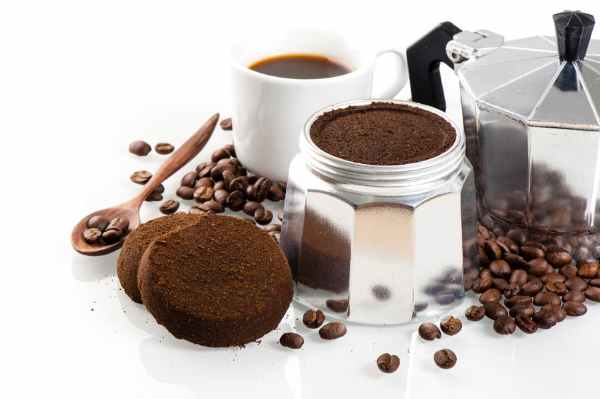
Where to store the coffee: in this case you can decide to keep the coffee both in the refrigerator, in the kitchen or in the pantry. In general, it is worthwhile to choose an airtight container to protect it from humidity and unpleasant odors.
banana
If you keep bananas in the refrigerator, their ripening will be slower. You can still decide to put them in the fridge, if that is your goal. In fact, it is not true that bananas cannot be stored in the refrigerator and, at the same time, it is not necessary to do so. It is a matter of choice. Their flavor will still be good. If you have ripe bananas available but don't want to eat them right away, try refrigerating them to extend their life. And speaking of bananas in the refrigerator, read Silvia Green's experiment.
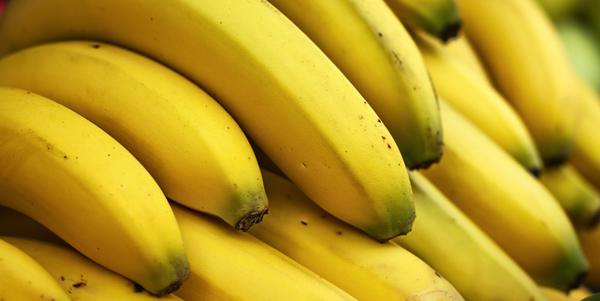
Where to store bananas: keep bananas in the refrigerator if you don't want them to ripen immediately, otherwise put them in a basket, at room temperature, for faster ripening. And if you put them next to apples, they will ripen even faster (so be careful, if you don't want bananas to turn black in a few days).
Honey
Honey keeps on its own, in a natural way, so there is no need to put it in the refrigerator, not even once opened. The temperature of the fridge can facilitate the crystallization of sugars present in honey and alter the consistency of the product. In the long run it may be difficult to get it out of the jar. Instead, always keep jams and fruit compotes in the refrigerator, especially after opening them.

Where to store honey: tightly close the jars of honey that have already been opened and simply store them in the pantry or in one of the kitchen or cupboard doors, preferably away from light, as indicated on the packaging.
Melon
Many of us have a habit of storing melon slices in the refrigerator after opening it. That's okay, but it's best to consume them within the next day. Instead, we do not recommend storing the whole melon in the fridge, as according to some research, storage at room temperature would help keep the levels of antioxidants present in the fruit intact.
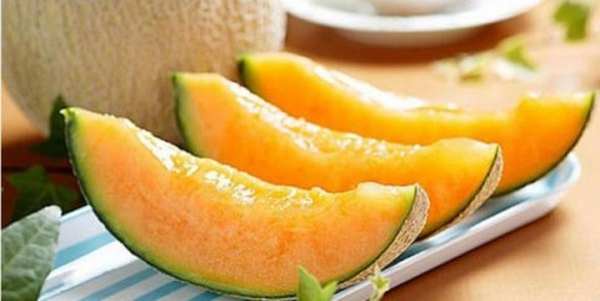
Where to store the melon: keep the whole melon at room temperature, place it in the fruit basket and, if it is ripe, consume it within a few days of purchase, to prevent it from rotting.
Bread
Never store bread in the refrigerator. The refrigerator environment tends to accelerate the degradation process of this food, alters its texture and flavor. For this reason, if you have some leftover bread that you will not consume soon, put it in the freezer.
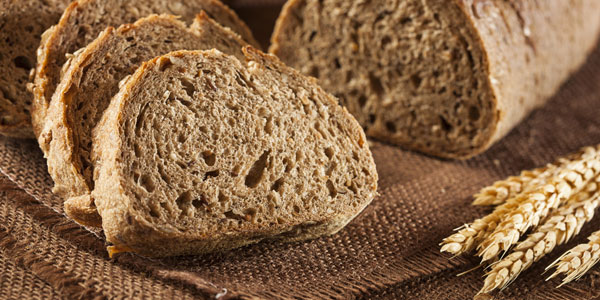
Where to store the bread: keep fresh bread for the day in a basket, bread bin or plastic bag. Homemade bread with sourdough lasts longer. You can store it in a paper bag or wrap it in a dry cloth for a few days.
READ also: Stale bread: 10 uses and recipes you don't expect
Strawberries and berries
If the strawberries and berries are freshly picked, do not ruin their flavor and texture by storing them in the refrigerator, but try to store them at room temperature and consume them soon. To keep them a little longer, you can put them in the fridge, but the risk of mold forming can be high.
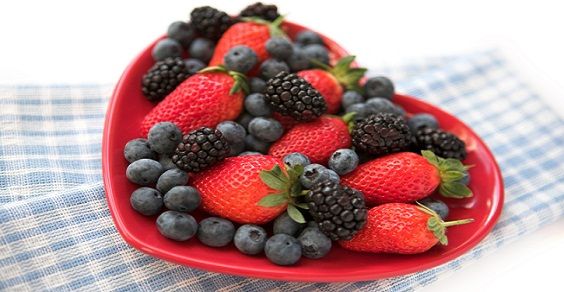
Where to store strawberries and berries: keep freshly picked strawberries and berries at room temperature. Put them in the refrigerator only if you want to keep them aside a little longer, but consume them anyway within a short time. A trick could be to pass them in boiling water for a few seconds before placing them in the fridge.
READ also: How to best preserve fruit and vegetables in the summer
Mele
Apples keep for a long time without problems at room temperature, even for two or three weeks, so it is not at all necessary to put them in the refrigerator. Use the fridge only if, once the normal storage time has elapsed, you still intend to keep them aside a little longer.
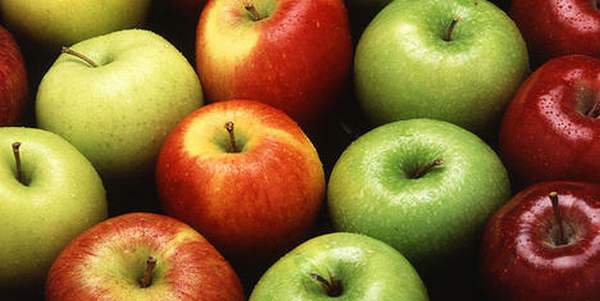
Where to store apples: store the apples at room temperature in the classic fruit basket or in a wooden box. Store them away from bananas to prevent them from ripening too quickly.
Contrary to what is sometimes believed, other fruits and vegetables, such as peaches, plums, avocados and tomatoes, should be stored out of the refrigerator, so that they ripen smoothly and keep their texture and flavor at their best. As for fresh aromatic herbs, they tend to deteriorate in a short time both in the fridge and at room temperature, so better use them as soon as possible and maybe pick them at the moment or, alternatively, try to freeze them.
READ also: All the tricks for freezing fruit, vegetables and herbs
Foods to ALWAYS keep in the refrigerator
Meat and fish
Always keep meat and cold cuts in the refrigerator to prevent them from deteriorating. The same rule applies to fish. Eat meat and fish within a couple of days. For packaged meats, adjust according to the expiration date.
eggs
For eggs, storage in the refrigerator is recommended as it allows you to keep the yolk more intact. In reality, at home, there would be no major differences between storing eggs in the fridge or in a cool place. Usually the choice of the refrigerator prevails because it is feared that the eggs may rot. But if you buy eggs and the recipe calls for them to be used at room temperature, avoid storing them in the fridge. Some supermarkets store eggs at room temperature, while others place them in refrigerators. Various people store them out of the fridge without any problems. The important thing is to always check the expiration date and try to use them as fresh as possible. Store mayonnaise and other egg-based sauces in the refrigerator, especially after opening them.
Milk, yogurt and cheeses
Milk, dairy products, yogurt and cheeses should always be kept in the refrigerator to prevent them from deteriorating. Also keep the butter and cream in the refrigerator, especially after opening it. Don't forget to refrigerate sauces that contain milk or dairy products as well.
Always keep in the refrigerator, especially after opening, also sauces, condiments, pickles and pickles, fruit-based drinks and juices and other types of preserves, both purchased and prepared at home.
READ also:
- How to store food without a refrigerator using the… design!
- How to best use and store fruit and vegetables
- FreshPaper: the paper that helps preserve fruit and vegetables
- Guide to do-it-yourself cleaning and storage of food
Marta Albè





